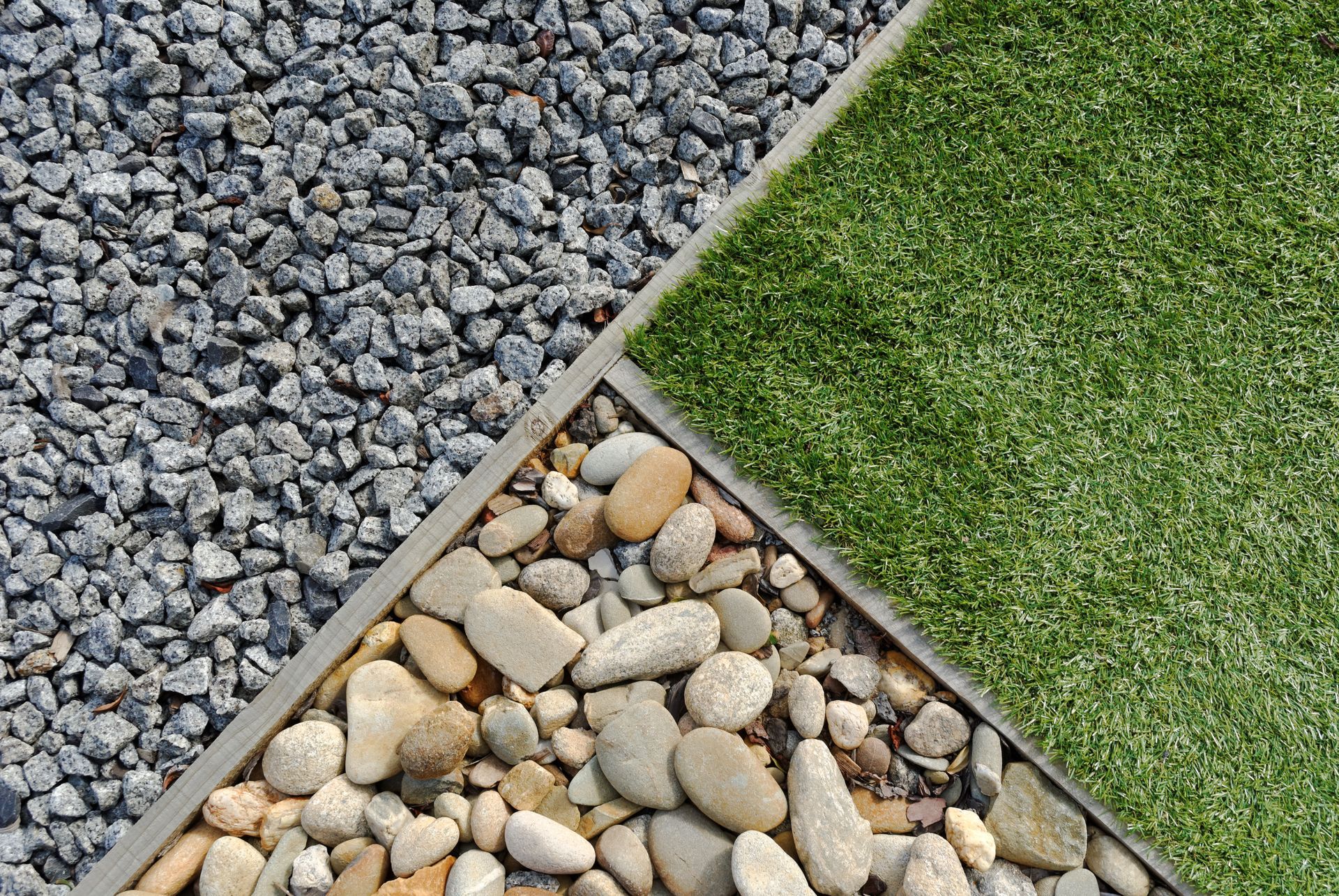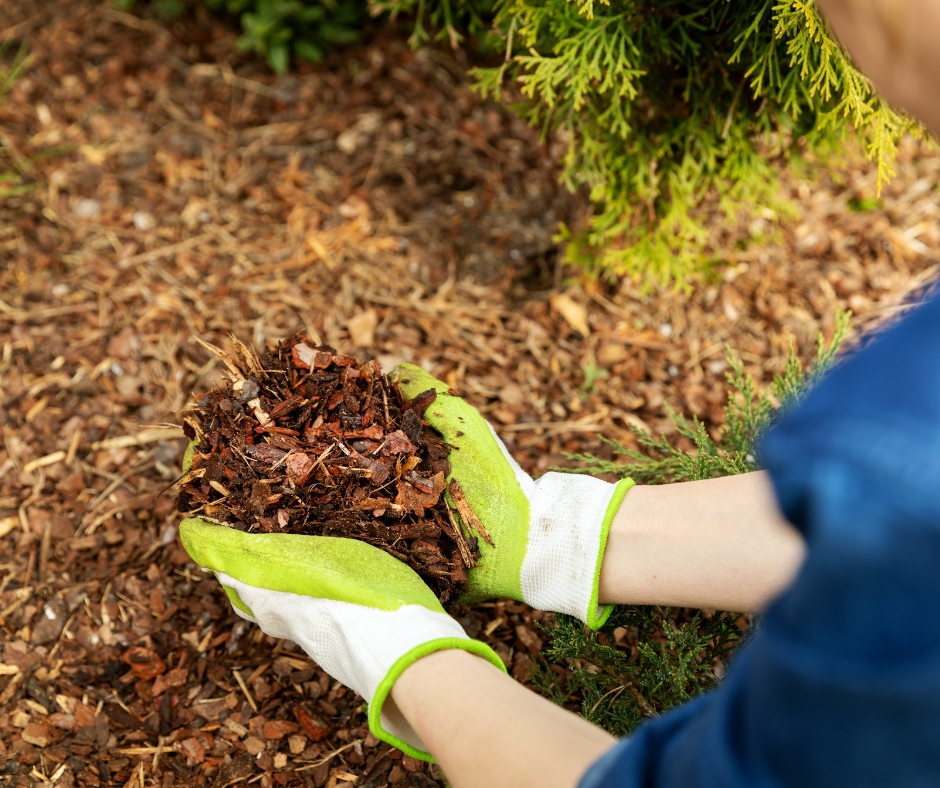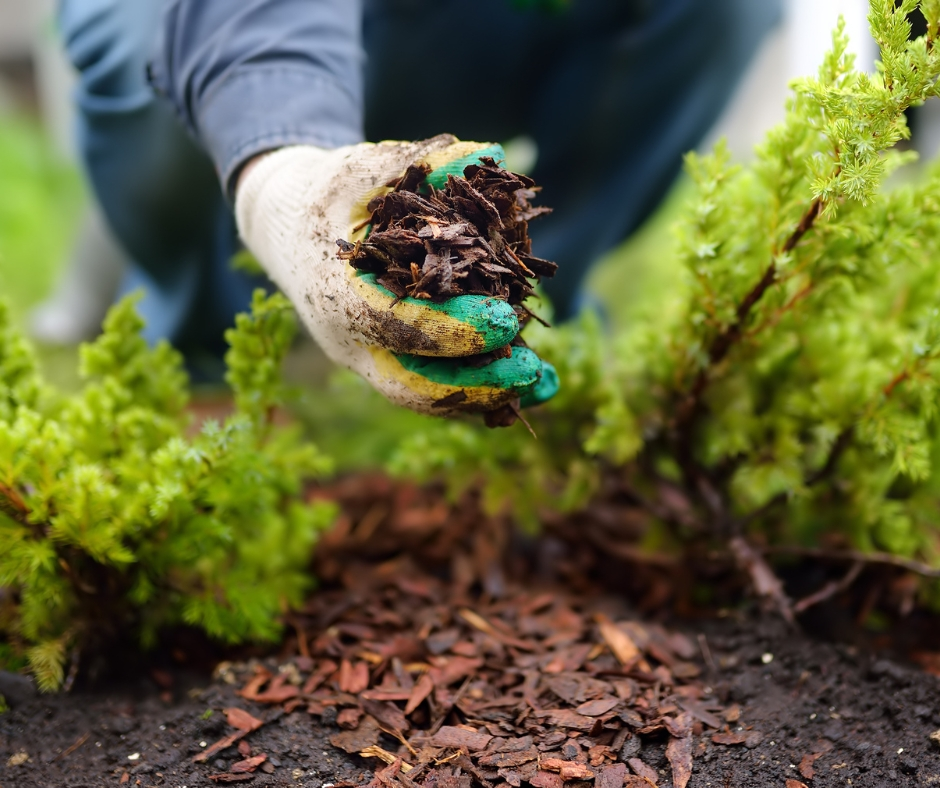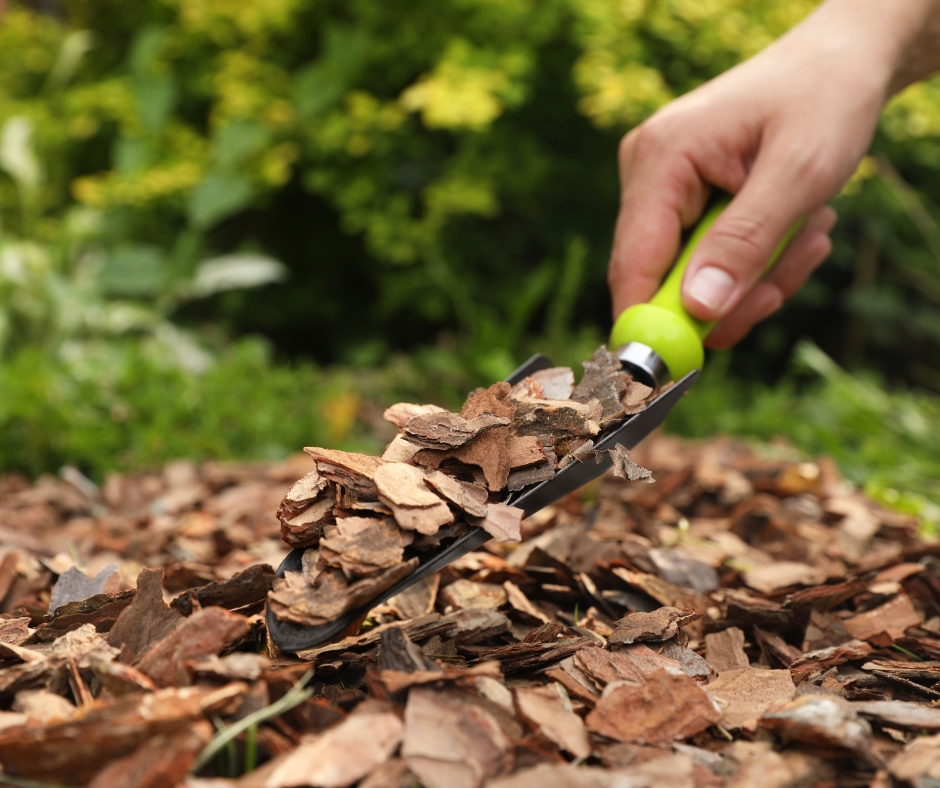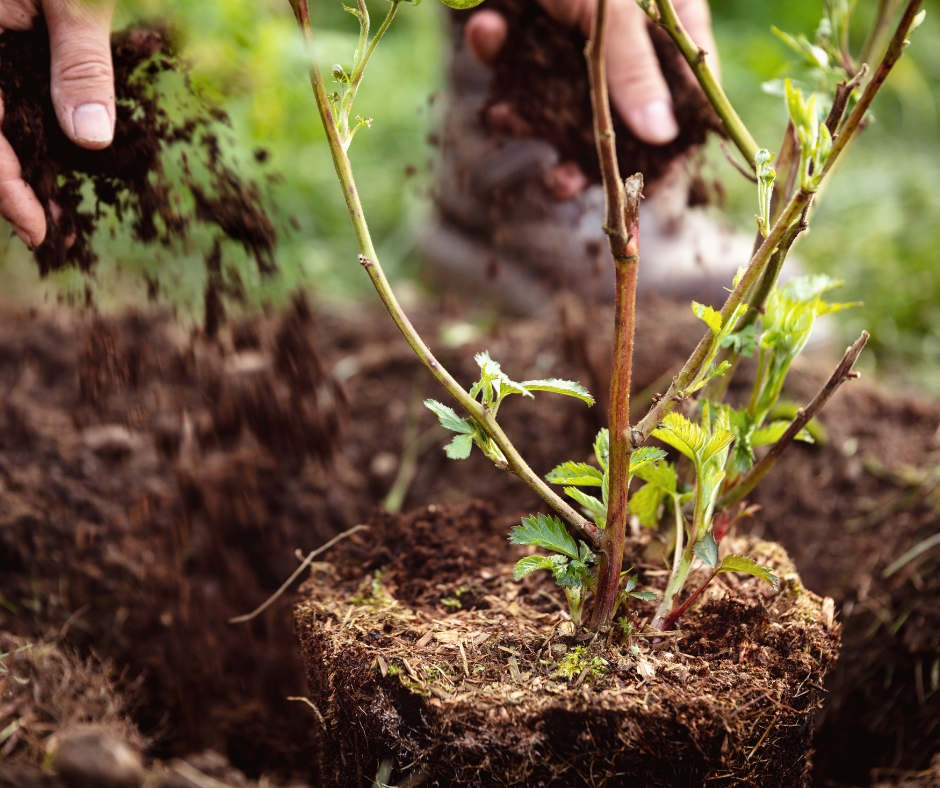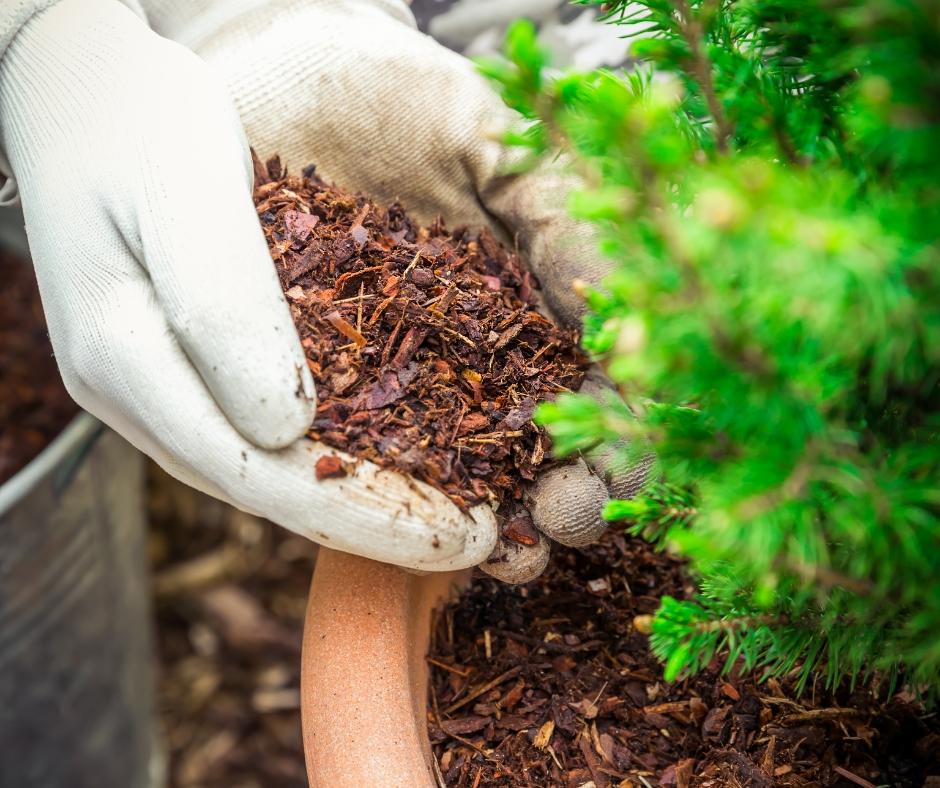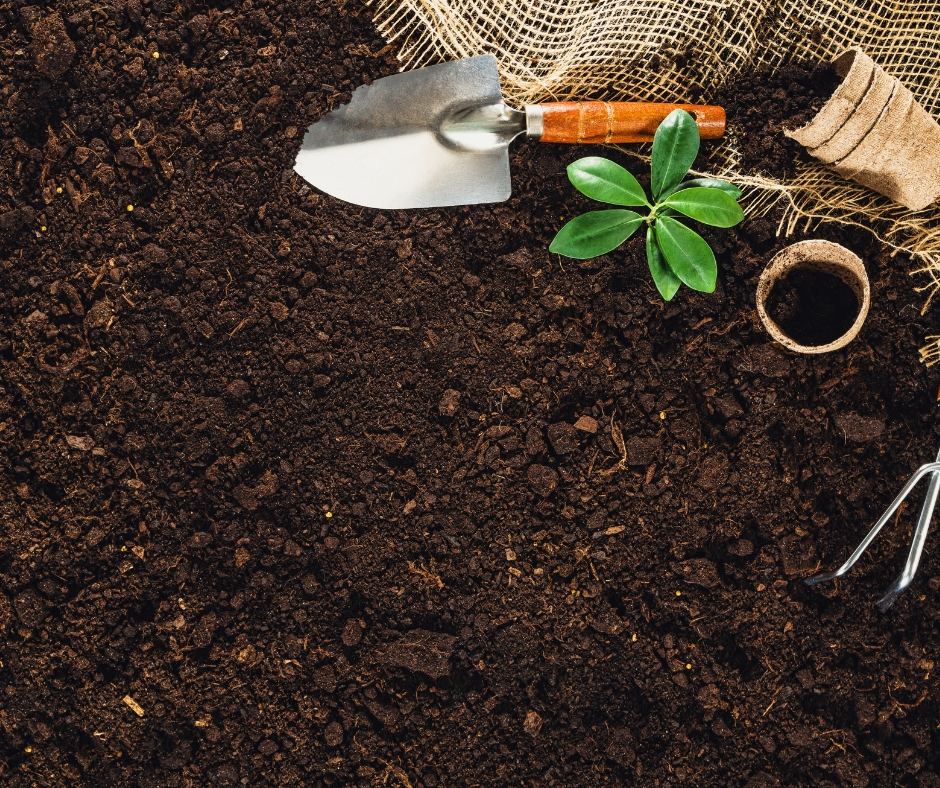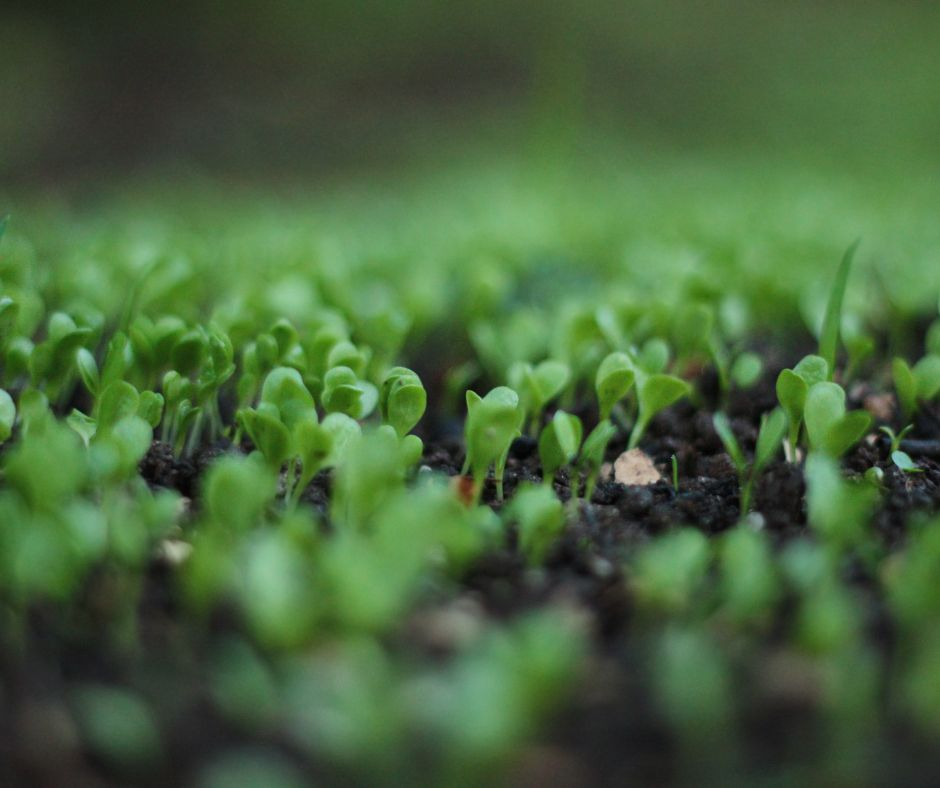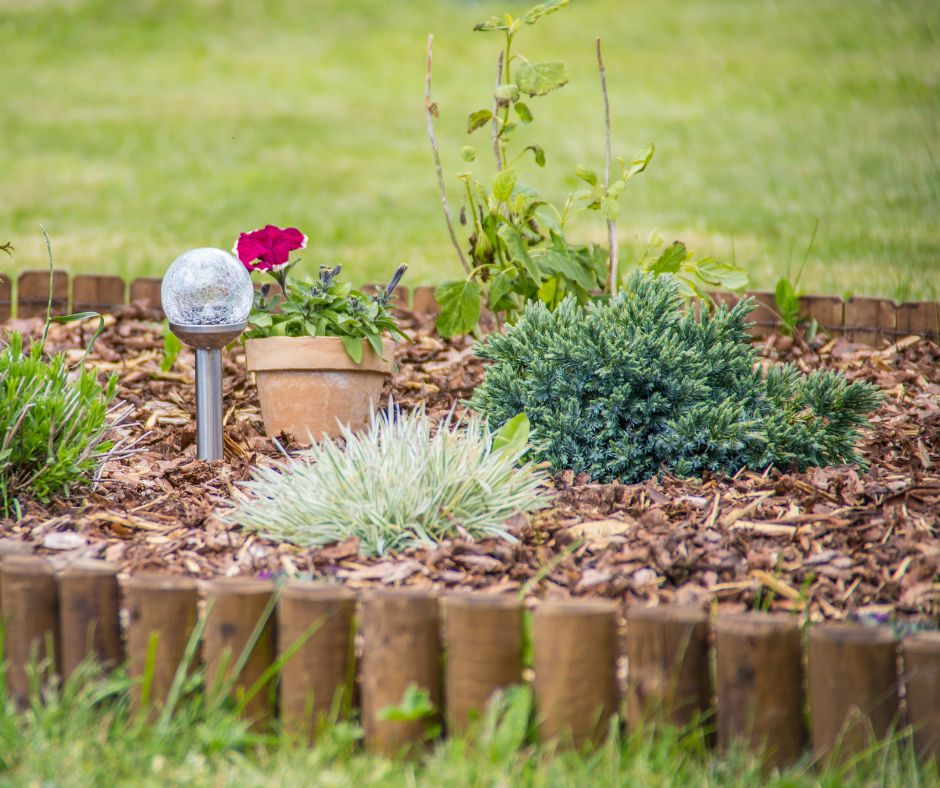What You Need to Know About Soil pH and Nutrient Levels
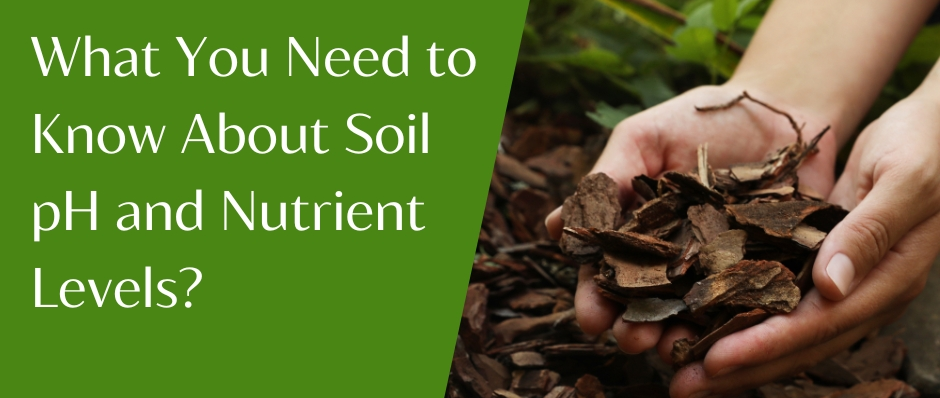
Understanding the intricacies of soil pH and nutrient levels is crucial for anyone looking to cultivate a healthy and thriving garden. The soil is the foundation of your garden, and its condition directly influences plant growth, nutrient uptake, and overall plant health. In this blog post, we'll delve into the essential aspects of soil pH and nutrient levels, providing you with the knowledge you need to optimize your gardening efforts for the best possible outcomes.
The Importance of Soil pH
Soil pH measures the acidity or alkalinity of the soil on a scale from 0 to 14, with 7 being neutral. Soils with a pH less than 7 are considered acidic, while those with a pH greater than 7 are alkaline. The pH level of your soil is crucial because it affects the availability of nutrients to plants and the activity of soil organisms that are beneficial to plant health.
- Acidic Soils: In acidic soils, nutrients like nitrogen, phosphorus, and potassium are less available, which can hinder plant growth. To raise the pH level of acidic soils, liming materials such as agricultural limestone can be applied.
- Alkaline Soils: Alkaline soils can lead to deficiencies in micronutrients like iron, manganese, and zinc. To lower the pH level of alkaline soils, elemental sulfur or aluminum sulfate may be used.
Understanding Nutrient Levels
Soil nutrients are divided into macronutrients and micronutrients, both of which are vital for plant growth. Macronutrients include nitrogen (N), phosphorus (P), and potassium (K), often referred to as NPK, and are required in larger amounts. Micronutrients, such as iron (Fe), manganese (Mn), and zinc (Zn), are needed in smaller quantities but are still essential for the health and development of plants.
- Nitrogen (N) is crucial for leaf growth and green color.
- Phosphorus (P) is essential for root development and flower and fruit production.
- Potassium (K) helps with overall plant health and resistance to disease.
Testing Soil pH and Nutrient Levels
To effectively manage your soil's pH and nutrient levels, it's essential to conduct regular soil tests. These tests provide valuable information about the soil's current condition, including its pH level and the availability of macronutrients and micronutrients. Based on the test results, you can make informed decisions about the need for amendments to improve soil health and plant performance.
Adjusting Soil pH and Enhancing Nutrient Levels
Once you have your soil test results, you can take steps to adjust the soil pH and enhance nutrient levels if necessary. This might involve adding lime to acidic soils or sulfur to alkaline soils, as well as incorporating organic matter such as compost to improve nutrient availability. Additionally, targeted fertilization can address specific nutrient deficiencies, ensuring that your plants have access to all the essential nutrients they require.
Conclusion
Understanding and managing soil pH and nutrient levels are fundamental aspects of successful gardening. By paying attention to these crucial soil properties, you can create a more conducive environment for your plants to thrive. Whether you're a seasoned gardener or just starting out, remember that the health of your garden begins with the health of your soil.
For those looking to enhance their garden's soil health, North County Supply offers a wide range of products, including soil amendments, fertilizers, and pH adjusters, to help you achieve the perfect balance for your garden. Visit us online to explore our products and start your journey to a healthier, more vibrant garden today.
